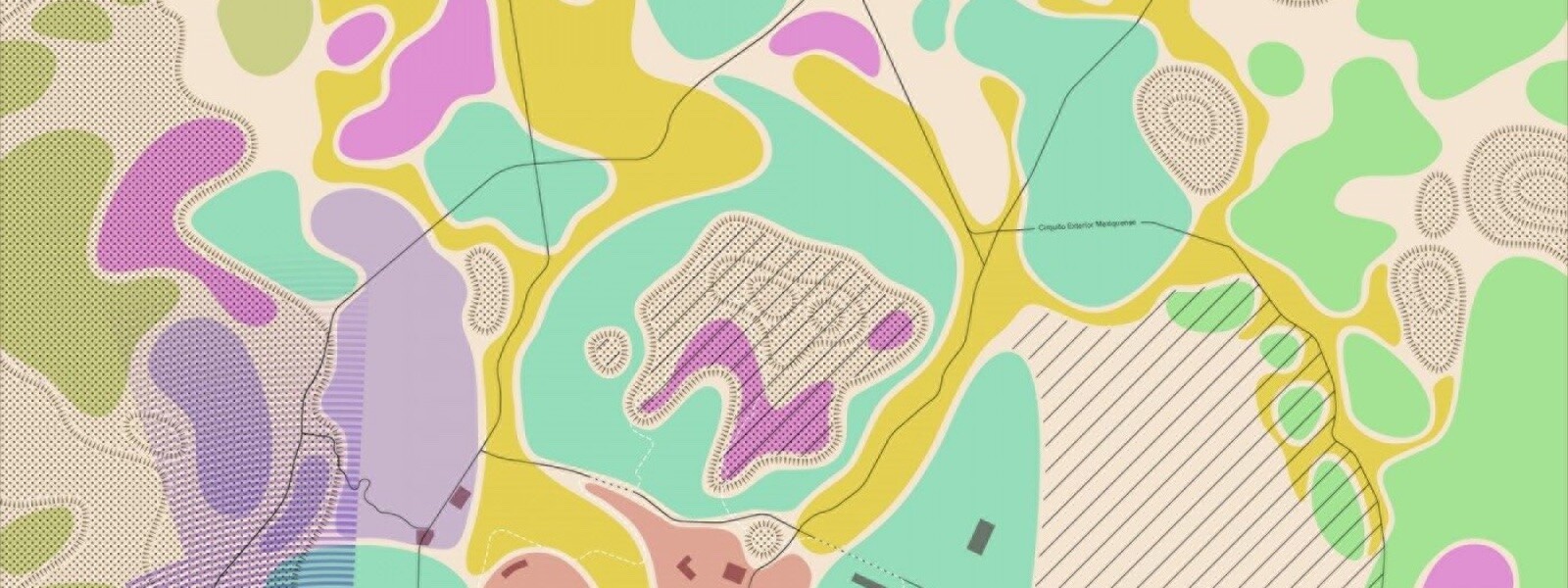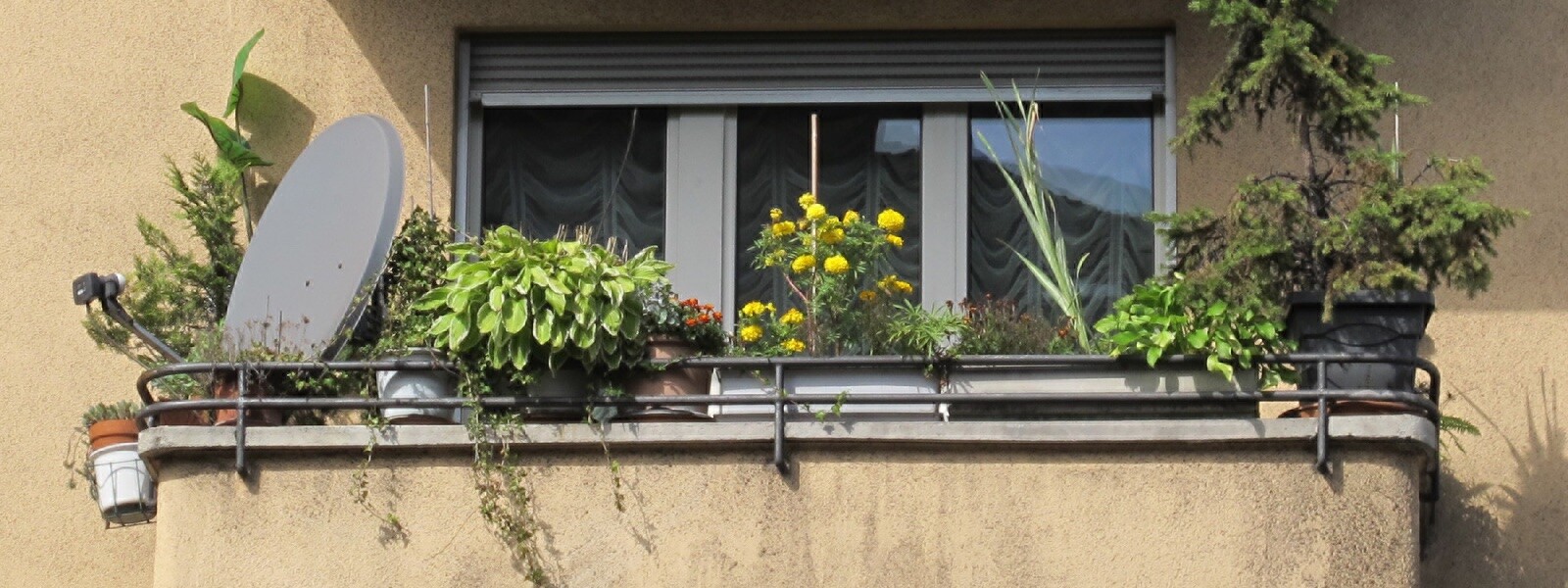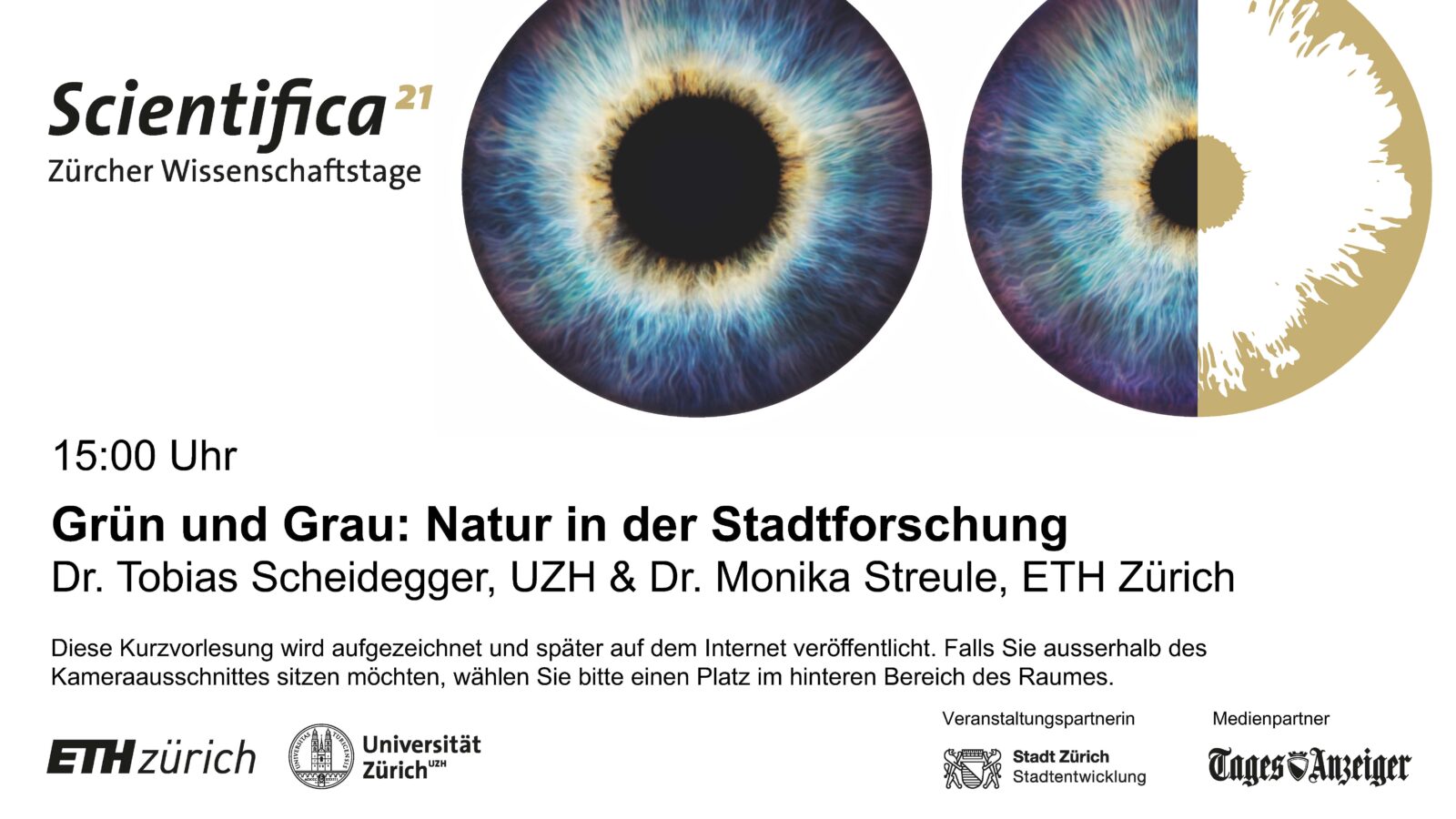My research builds on extensive experience in concept building through a comparative procedure in a broader research project Patterns and Pathways of Planetary Urbanization – including cases such as Mexico City, Lagos, Kolkata, Istanbul, Tokyo, Hong Kong, Shenzhen, Dongguan, Paris, Los Angeles – based at the ETH Future Cities Laboratory Singapore and the Chair of Sociology, Department of Architecture at ETH Zürich. The comparison, conducted between 2011 and 2017, is based on a collective, interdisciplinary and transductive research process applying a qualitative methodological design that combines a wide variety of sources and procedures.
In repeatedly bringing situated insights from these diverse contexts in conversation with each other right from the outset of the project, it was possible to develop about a dozen comparative concepts of urbanisation that captured a number of common features and dynamics. As such, this comparison emanates from collaborative work, where the members of the team brought their disciplinary backgrounds and empirical research into a shared methodological framework, while allowing the evolving comparison to inform their own research. Project team members in alphabetical order are Naomi Hanakata, Pascal Kallenberger, Ozan Karaman, Anne Kockelkorn, Lindsay Sawyer, Christian Schmid, Monika Streule and Kit Ping Wong.
We published a series of co-authored papers in Urban Studies, IJURR, Antipode, Environment and Planning A, Planning Perspectives, City and FQS with results of this project demonstrating a comparative approach on detailed and situated analysis of daily practices reaching beyond a specific case study, opening a conceptual space to collectively build an extended vocabulary to understand urbanization crucial for urban studies more broadly. Together with Christian Schmid, I co-edited the book Vocabularies for an Urbanising Planet: Theory Building through Comparison (Birkhäuser 2023).




